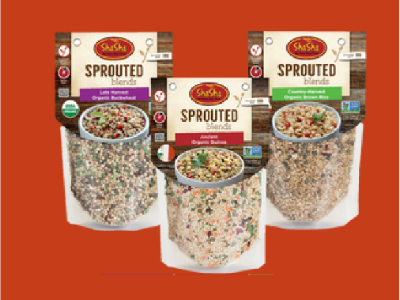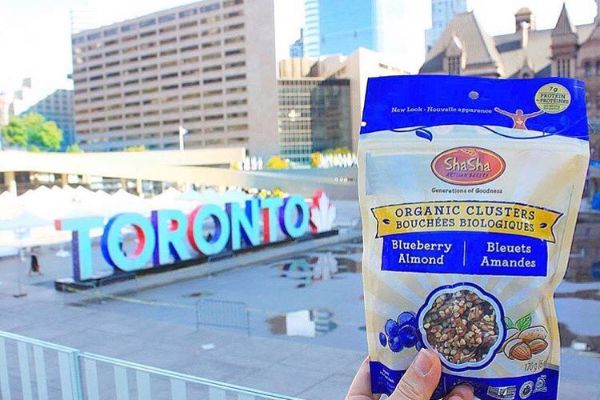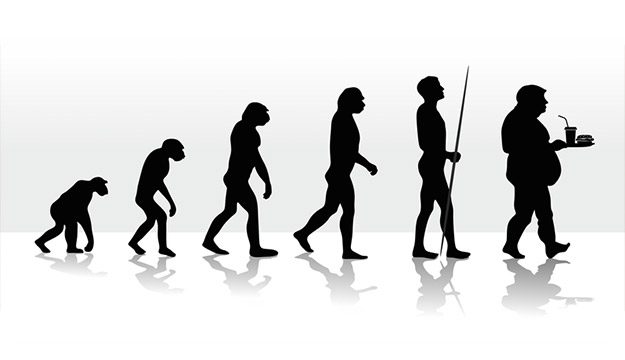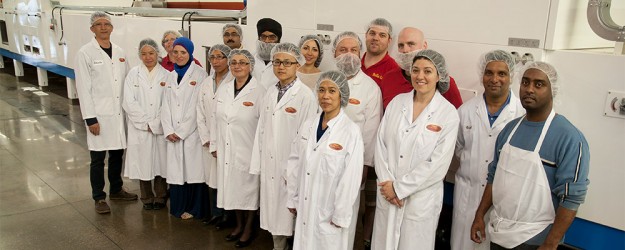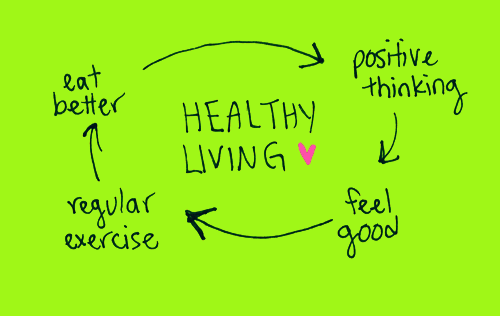 It’s a well-known fact that organically grown foods do not contain pesticide residues and provide a healthier product for the consumer. There are knock-on effects too as workers at organic farms are also saved from pesticide exposure. Eliminating artificial fertilizers, herbicides, fungicides and pesticides also makes for healthier soil. Organic products cost much more though, and while the advantages of consuming organic produce are clear, it’s sometimes tough difficult to justify buying organic coffee when there are so many cheaper brands on the market.
It’s a well-known fact that organically grown foods do not contain pesticide residues and provide a healthier product for the consumer. There are knock-on effects too as workers at organic farms are also saved from pesticide exposure. Eliminating artificial fertilizers, herbicides, fungicides and pesticides also makes for healthier soil. Organic products cost much more though, and while the advantages of consuming organic produce are clear, it’s sometimes tough difficult to justify buying organic coffee when there are so many cheaper brands on the market.
What is organic coffee?

The effects of pesticide residue and artificial fertilizers
The amounts of chemicals that can be found in our food are considered safe for human consumption by our governments, so why should we pay extra for organic products? The US Environmental Protection Agency claims that 30% of insecticides, 60% of herbicides and 90% of fungicides are carcinogenic and can cause cancer. These chemicals accumulate in our body fat and can result in damage to the nervous and reproductive systems while disrupting hormone and immune-system functioning. Women who are pregnant or nursing transmit these chemicals to their babies which can result in developmental and behavioral problems.
The health benefits of organic coffee
The chemicals used in the production of non-organic coffees do make for greater yields of coffee beans in less time, but they strip the bean of many of its anti-oxidant qualities. There are other amazing health benefits to the consumption of organically grown coffee:
- Coffee helps to decrease the risk of type 2 diabetes, colon cancer, Parkinson’s disease, tooth cavities, gallstones and dementia
- Reduces risk of stroke
- Coffee improves mood
- It helps to reduce headaches
- Improves editing skills
If that last one has you scratching your head, we’re not surprised. A recent study in the Journal of Experimental Psychology found that caffeine helped students to recognize grammar errors.
Another study in the Journal of Alzheimer’s Disease found that caffeine helped to fight off Alzheimer’s disease in mice.
The environmental benefits of organic coffee

Chemical fertilizers and pesticides also alter the taste of the non-organic coffee bean. Organic coffee beans are allowed to mature naturally over a longer time period and are packed with flavour and aroma; just another great reason to switch your brand to an organic alternative.

